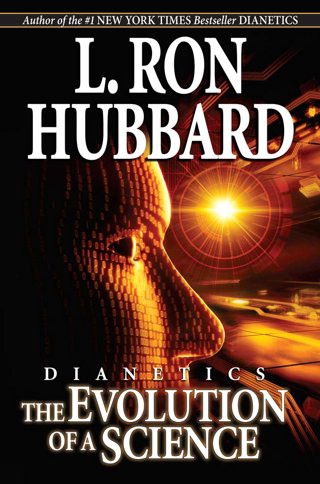Some Known Questions About Dianetics.
Some Known Questions About Dianetics.
Blog Article
The Dianetics Ideas
Table of ContentsThe Definitive Guide for DianeticsDianetics Can Be Fun For AnyoneThe Main Principles Of Dianetics More About Dianetics
I could not ever not wish to get anything that comes to mind for you- if it was otherwise, I wouldn't be sitting here with you, doing this. I not just can never ever have a problem, or otherwise wish to hear something that enters your mind for you, however I'm totally eager to recognize every concept, every idea, every picture or feeling that arises or materializes for you- do not ever before believe otherwise, and if for one reason or another you do, please just allow me understand! Occasionally, you might have an idea, and photo, concept or occurrence pop up that does not appear to address the inquiry, or connect to it, however however, constantly do tell me about it, and as we proceed, the relevance will arise for you.This is integral in the basis of processing, and the topic of this conversation: the standard roles of the therapist and the client: The fundamental function of the counselor is, unlike "conventional training", not to control, which means to enforce and/or prevent, yet to instead function from the basis of EMPOWERING THE CUSTOMER.

Dianetics Can Be Fun For Anyone
John Mcmasters revealed this standard truth splendidly well in one of his talks on Power processing, where he explains just how he was asked what this "special propensity" was that he had for offering such excellent sessions; he had to think of that for a minute, and spotted that it was what he wasn't doing, as well as what he was doing: he had not been reviewing, judging, computer, or in fact, creating any type of ideas, allow alone verbal expressions, after providing the command and while waiting for the PC to finish their solution to their contentment; he was, just and just, existing with the PC, and completely interested.
The duty of the therapist, showed; that was his "unique flair". I have had my own experience which instructed me this well, extremely early in the video game. In 1982, having actually lately finished my training and teaching fellowship on New Age Dianetics, I was running this on a COMPUTER, and there was a factor in the session where (being a little bit damp behind the ears not yet having several hours under my belt as a professional auditor) the PC seemed to be "taking also lengthy" to reveal anything verbally after I offered him a command.
This secret turned out to be the most important contribution that John ever made to the topic of therapy or auditing (Dianetics). In my simple opinion, it is the best contribution that anybody has ever made to these subjectsthe application is completely non-judgemental, non-evaluative, and lacking any kind of idea, recommendations or opinion.no preconceived program for people, or 'levels' that they should do
In Scientology we prided ourselves on not reviewing for people. All that really suggested was that the auditor did not VERBALLY examine for the PC in session.
Examine This Report about Dianetics

Anybody that had ever seen John audit can not aid but see a special quality in his auditing."The customer's fundamental duty is to be there with the purpose of relocating in the direction of their spiritual objectives, and to freely and completely share and experience whatever materializes for them in responding to the questions and carrying out the instructions in the handling.
This is something to procedure as needed. Also, people often have previous experience and/or indoctrination in auditing/processing which, in some methods, and to some levels, in fact misguides them into attitudes, concepts and actions patterns that protect against the full awareness of these duties, and so they will certainly tend to inhibit the expressing of what comes to mind, as in the examples offered over - Dianetics. * The initial, and perhaps foremost instances of mis-indoctrination Read Full Article resulting in much less than completely smooth and effective sessions, can be found in specific elements of the training regimens, or "TR's":"TR's" are frequently a person's very first, or at the very least early, experience in Scientology, and while I will certainly take place to explain what I view as the defects in principle and method, nonetheless, have a tendency to be substantially therapeutic, done as they are given (Hubbard insists that "TR's are not processing, they are educating", yet factually, they are both handling AND training)
Alan Walter made similar observations, and improved on these with his "Presence Processes". There is no "failing", and no rejection of the reality of this being handling. The emphasis, as it ought to be, is on experiencing the various other person's presence. All the symptoms which get a "flunk" in doing "TR-0" are simply the being's efforts to withstand the other person's visibility, and instead than being pestered and nagged with "Flunk", which enforces "failure!" on the being, one just requires to be motivated to "stick their feet in the water a little much deeper", to significantly refurbish their capability and determination to totally share and experience "being here", or "presence", with others.
The Ultimate Guide To Dianetics

Report this page